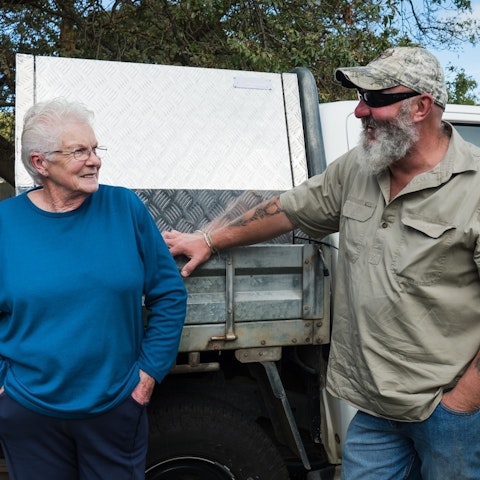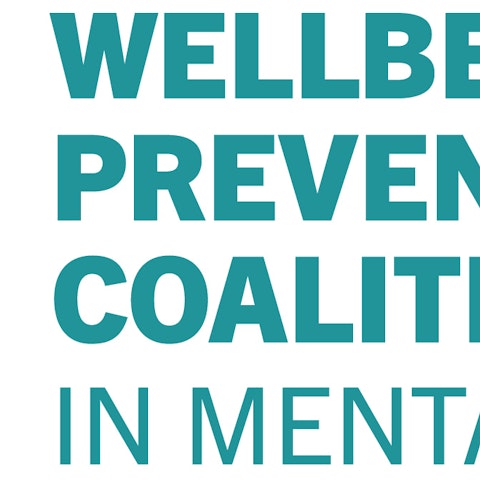Prevention and promotion approaches
Prevention of mental ill-health and prevention of suicide are core pillars of Everymind’s work.
Despite steadily increasing investment in mental health services and suicide prevention initiatives over the last few decades, the number of people experiencing mental ill-health and suicidal distress is not falling.
By putting prevention knowledge in to practice and scaling programs that meet people where they live, work, learn and connect it is possible to change this.
Prevention was identified as policy priority in the First National Mental Health Plan, released in 1992, yet the majority of state and federal funding has since been concentrated in ‘downstream’ programs that provide treatment once someone is in acute need.
Prevention-focused approaches are known to be more cost-effective than treatment alone, while also leading to more efficient use of mental health resources. Further, there is a flow-on effect for general health care, drug and alcohol services, education, child and family services and the justice system.
For more than three decades, Everymind has been working across diverse sectors delivering evidence-based prevention programs, research, training and policy advice.
Through our work, Everymind is uniquely positioned to:
- build the capacity of individuals, families, organisations and communities so they can contribute to the reduction of mental ill-health, suicide and related impacts
- translate evidence into practical resources, programs and approaches that are fit-for-purpose across different sectors and communities
- develop and test new approaches
- lead translational research to inform our work and the work of others
- collaborate with, and support, other services and communities to deliver better outcomes across Australia.
We have strong evidence for our various prevention strategies, plus ongoing research to ensure our work complements, and is coordinated with, policy and practice at a regional level to be relevant to communities. This means engaging health services, schools, workplaces, the media, governments, families and communities and supporting them to play their part.






